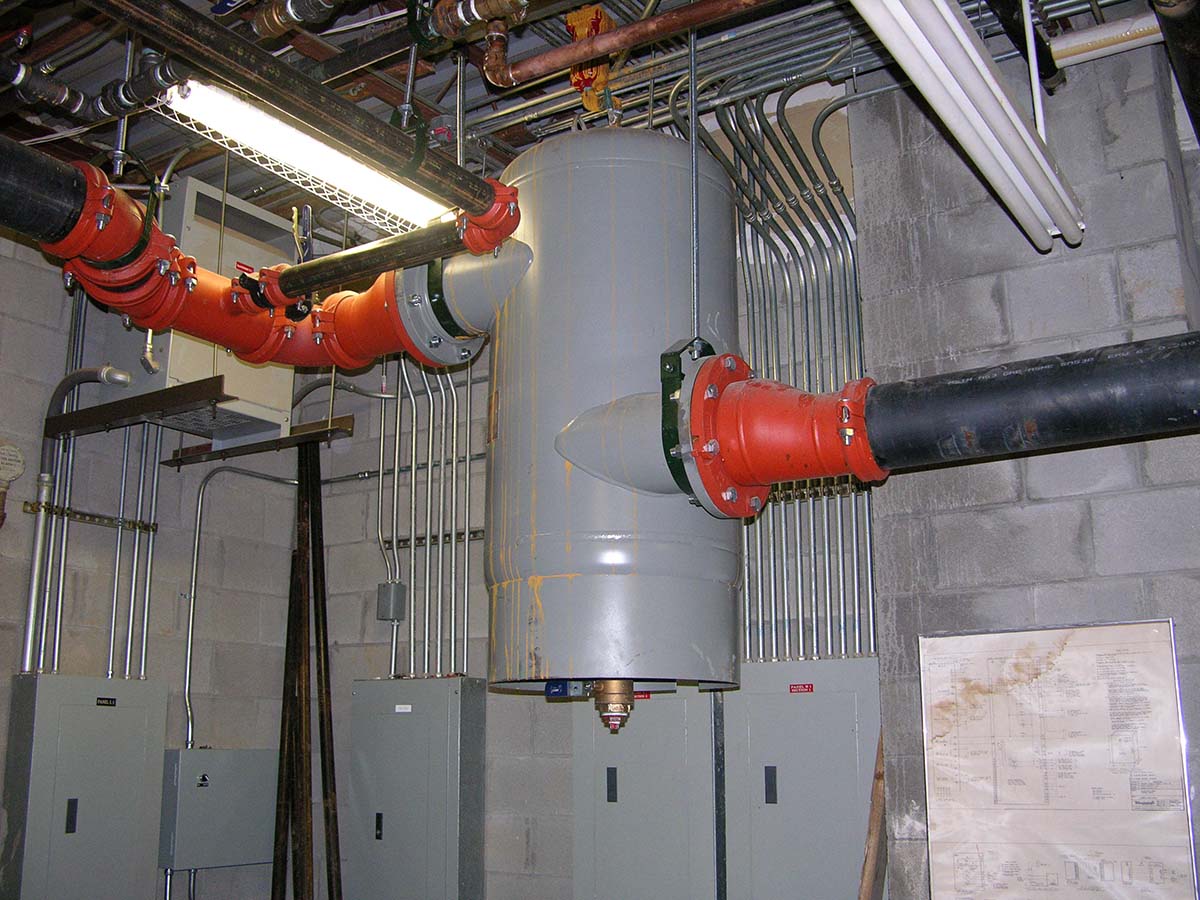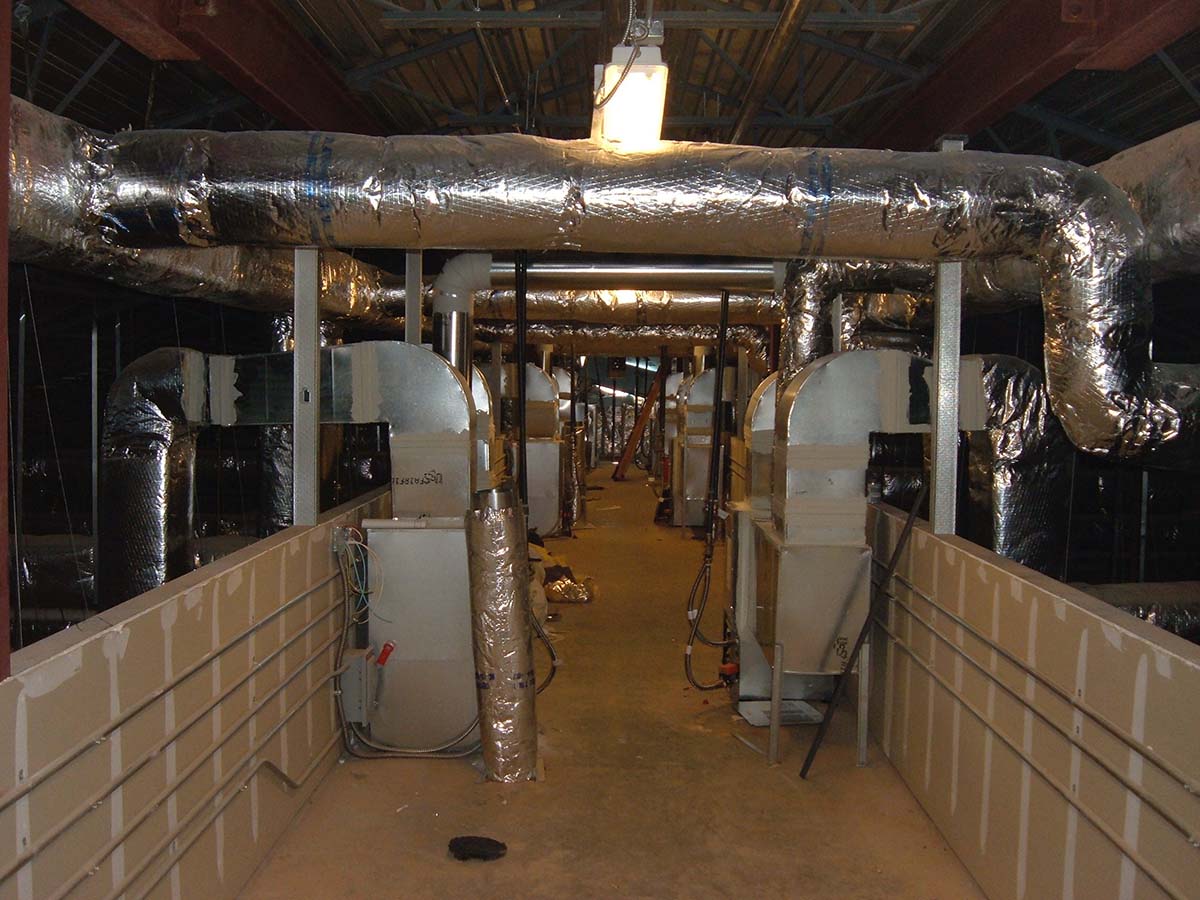







RPA is certified as a Minority Business Enterprise (MBE) for engineering and business consulting by the SBA 8(a) Program, City of Atlanta, Atlanta Public Schools, Georgia Department of Transportation, MARTA, Fulton County in Georgia, Dekalb County in Georgia and a varieity of other governemental and private organizations. We are Registered Professional Engineers in Georgia, Illinois, Indiana, North Carolina and South Carolina.
RPA knows engineering, operating, and business systems becasue its people have managed and operated them.
Before beginning careers as consultants, members of RPA’s team served in pertinent management positions with major organizations or their contractors. As a result, they have built engineering and business capability from a strong, hands-on experience base.
The combination of this management knowledge and experience with a strong engineering and analysis background sets RPA's work apart from those of typical classic consultants.
It reflects the perspective of a strong team with the know-how to conduct a formal review of complex operations and problems. RPA’s personnel are not like many professional engineering and business analyst who only know of these disciplines what they have learned by analyzing (or watching) them.
RPA is equipped and experienced in the use of new technology and computers for effective and timely solutions for engineering and business applications. We use 3D modeling, GIS referencing, automatic alignment sheet generation and facility interference resolution software for projects involving: